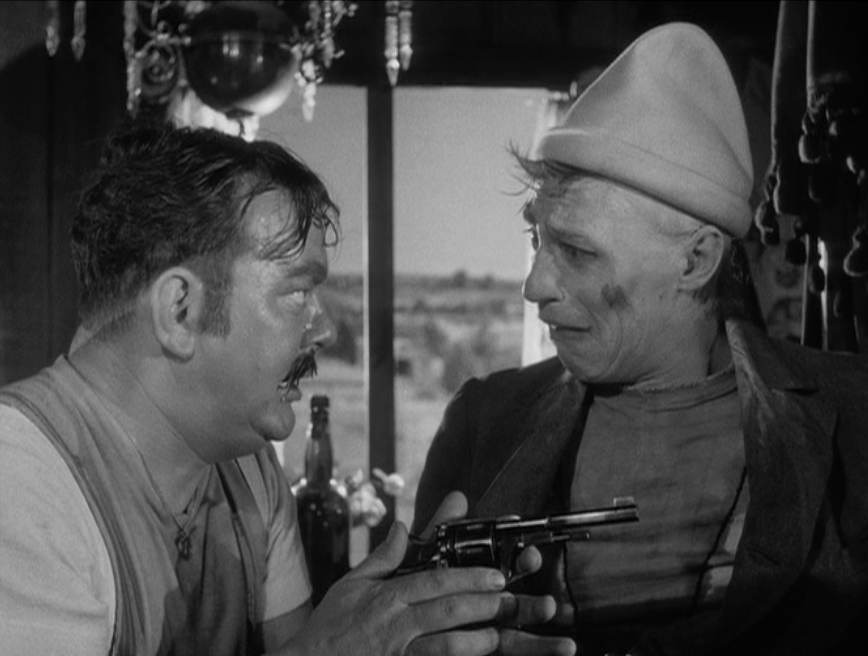
Do I have a new favorite Bergman? Maybe! There’s so much going on in this spare family drama. This is the first time I’ve come across mournful nostalgia in madness. But that acute longing Karin feels for the “other world” she knows certainly fits the bill. This feels like such a Scandinavian view of faith and reason – where the dangers of emotional transcendence are too horrible to contemplate, and all a rational man can do to ward off despair is grasp at intellectual straws. The slender thread Martin offers Minus is the idea that, even in its most destructive form, human love is a dim reflection of God’s. It’s almost no comfort at all, but it’s all he has. The fact that it’s taken him seventeen years and a series of crises to share his insight with his son says more than the thought itself!
But what I really love about this movie is the sense of the past, their relationships stretching back through time. Sometimes this impression can be given through good acting, and, it’s true, the performances here are impeccable; but, there’s more to it. Every conversation feels like an extension of the one before: the one we just happened to miss because we weren’t peering into their lives with a movie camera yesterday. The existence of the longer conversation (the sum of all their conversations over time) is clearly felt. And it’s done so naturally, without calling attention to itself, without feeling written. So many movies, if they even try for this, succeed only in spurts. All of which makes the beautiful, sustained momentum of the writing here even more remarkable.
